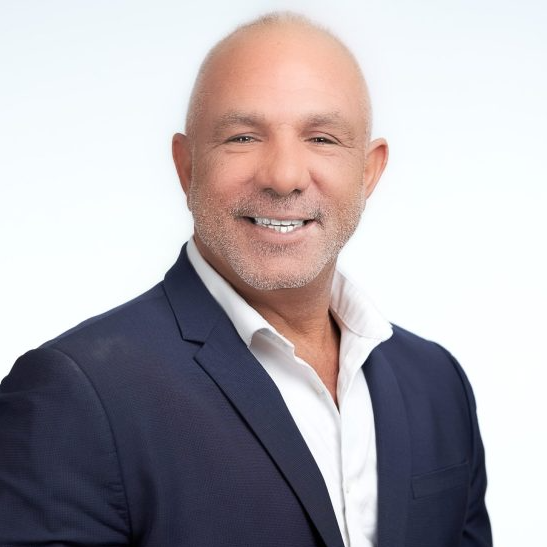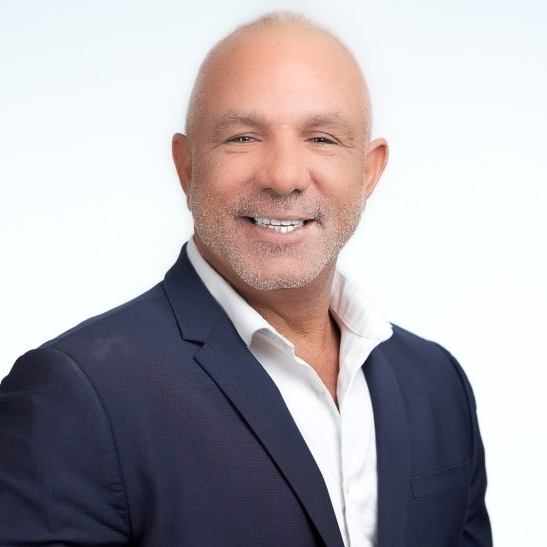


The Rise in Cannabis Use and the Associated Increase in Psychosis Cases: Understanding Risks, Realities, and Responses
The Rise in Cannabis Use and the Associated Increase in Psychosis Cases: Understanding Risks, Realities, and Responses
Pricing
Information
Date & Time
-
-
Description
As cannabis legalization expands, clinicians and policymakers face a growing mental health challenge: a measurable rise in cannabis-related psychosis. This presentation examines the complex relationship between increased cannabis use and emerging psychosis cases through biological, social, and systemic lenses.
Participants will explore the multifactorial contributors—including legalization, changing perceptions, increased potency, youth use, and social media influence—and review the latest neurobiological and clinical research linking high-potency cannabis to dopamine dysregulation and psychotic symptom relapse. The session will also highlight the nuances and barriers in accessing effective treatment for cannabis-induced psychosis, including underdiagnosis, stigma, and limited specialized services. By integrating current research with clinical practice, this session equips behavioral health professionals with tools for early identification, education, and intervention within diverse populations.
Learning Objectives
Participants will be able to:
-
Describe the current research linking increased cannabis use—particularly high-potency products—to elevated risk of psychosis and schizophrenia-spectrum disorders.
-
Identify early warning signs and clinical indicators of cannabis-induced psychosis in adolescents and adults.
-
Differentiate between common misconceptions about cannabis safety and evidence-based findings regarding its neurobiological and psychiatric effects.
-
Apply best-practice strategies for screening, education, and early intervention to support individuals at risk for or experiencing cannabis-related psychosis.
Educational Goal
Target Audience
- Addiction Professional
- Counselor
- Marriage & Family Therapist
- Nurse
- Physician
- Psychologist
- Social Worker
Presenters
Financially Sponsored By
- GXC Events - The Global Exchange Conference

